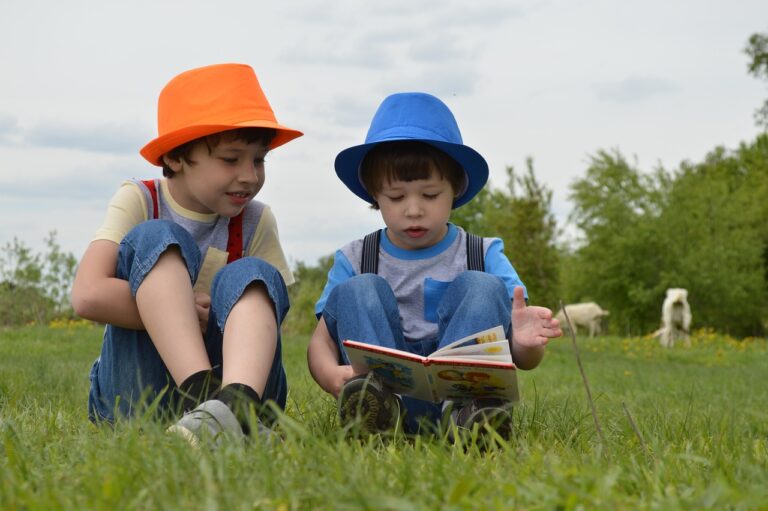The Benefits of Integrating Social-Emotional Learning into Study Skills Curriculum
Social-emotional learning plays a crucial role in education by helping students develop essential life skills beyond academics. By focusing on self-awareness and self-regulation, students gain a deeper understanding of their emotions and learn how to manage them effectively. This not only leads to improved mental health and well-being but also enhances their ability to navigate various challenges both in and out of the classroom.
Moreover, social-emotional learning fosters the development of interpersonal skills, enabling students to build positive relationships with their peers and teachers. Through effective communication, empathy, and cooperation, students learn how to work collaboratively and resolve conflicts peacefully. These skills are not only essential for creating a positive school climate but are also crucial for success in future careers and personal relationships.
Improving Self-Awareness and Self-Regulation
In the realm of education, fostering self-awareness and self-regulation in students is crucial for their overall development. When individuals are able to recognize and understand their own emotions, thoughts, and behaviors, they are better equipped to navigate challenges and make informed decisions. By cultivating self-awareness, students can gain a deeper understanding of themselves and their motivations, leading to improved academic performance and personal growth.
Furthermore, nurturing self-regulation skills allows students to manage their emotions and impulses effectively. This ability to regulate one’s emotions and behavior not only fosters a positive learning environment but also prepares students for success in various aspects of life. Developing self-regulation enables students to cope with stress, set and achieve goals, and maintain healthy relationships. Ultimately, enhancing self-awareness and self-regulation empowers students to take control of their actions and responses, paving the way for a more fulfilling and successful future.
Self-awareness is essential for students to recognize and understand their emotions, thoughts, and behaviors.
Cultivating self-awareness leads to improved academic performance and personal growth.
Self-regulation skills help students manage their emotions and impulses effectively.
Developing self-regulation enables students to cope with stress, set goals, and maintain healthy relationships.
Enhancing self-awareness and self-regulation empowers students to take control of their actions and responses.
Enhancing Interpersonal Skills and Relationships
Developing strong interpersonal skills is crucial for building positive relationships and effective communication with others. By honing these skills, individuals can navigate social settings with confidence and clarity, fostering meaningful connections in both personal and professional realms. Understanding how to empathize, actively listen, and communicate assertively can lead to more harmonious interactions and a deeper understanding of others’ perspectives.
Furthermore, cultivating healthy relationships through effective interpersonal skills can contribute to a sense of belonging and support in one’s social circle. By practicing open and respectful communication, individuals can create a safe space for honest dialogue and collaboration. This sense of connection can lead to increased trust, mutual respect, and a greater sense of emotional well-being for all parties involved.
What is social-emotional learning and why is it important in education?
Social-emotional learning is the process through which individuals develop skills to understand and manage emotions, set and achieve positive goals, feel and show empathy for others, establish and maintain positive relationships, and make responsible decisions. It is important in education because it helps students build the necessary skills to navigate social interactions, manage conflicts, and develop meaningful relationships.
How can improving self-awareness and self-regulation enhance interpersonal skills?
Improving self-awareness allows individuals to better understand their own emotions, thoughts, and behaviors, which in turn helps them regulate their responses in social interactions. By being able to recognize and control their emotions, individuals can communicate more effectively, demonstrate empathy, and build stronger relationships with others.
What are some strategies for enhancing interpersonal skills and relationships?
Some strategies for enhancing interpersonal skills and relationships include active listening, showing empathy, practicing effective communication, resolving conflicts constructively, and building trust. Additionally, developing emotional intelligence, cultivating a positive attitude, and being open-minded can also contribute to stronger interpersonal relationships.







